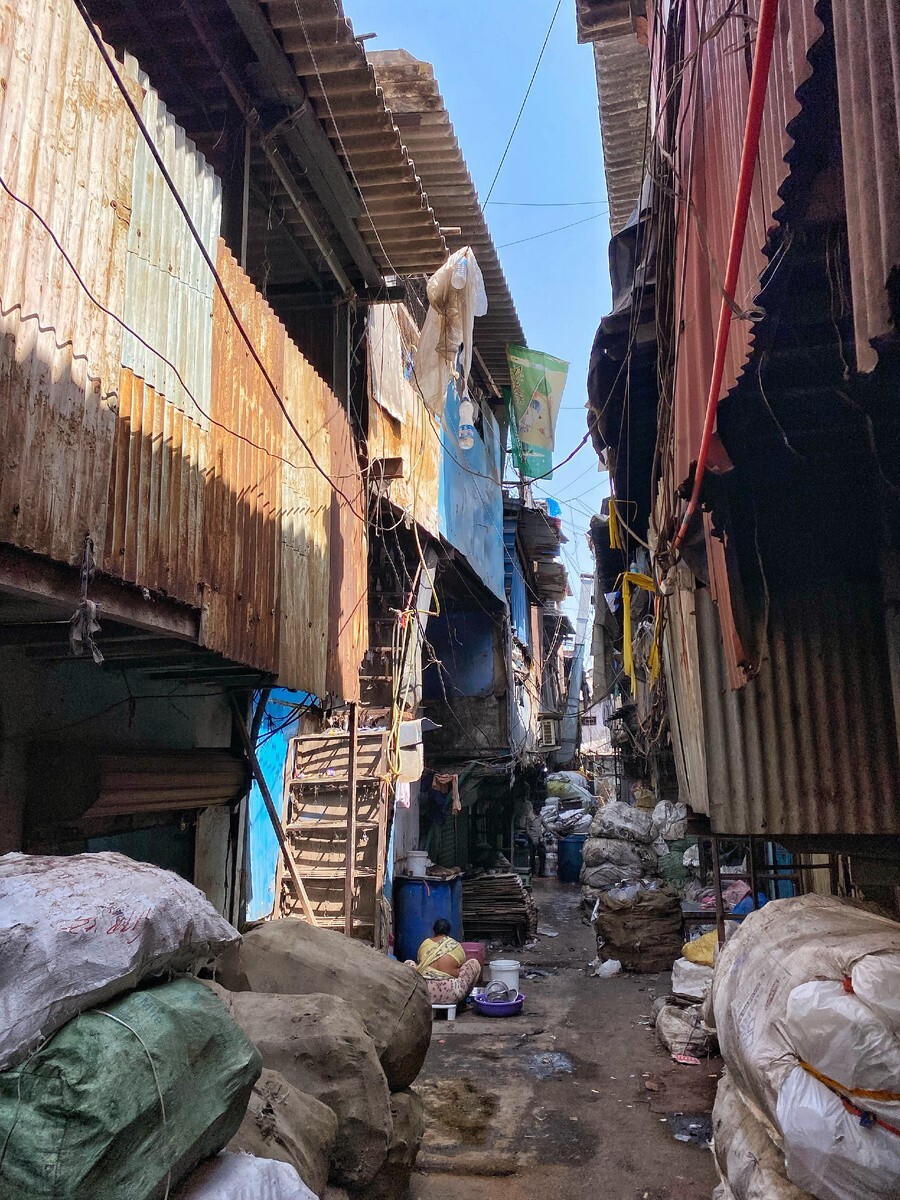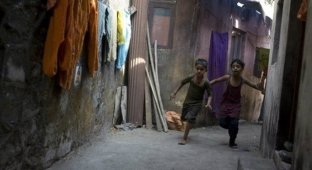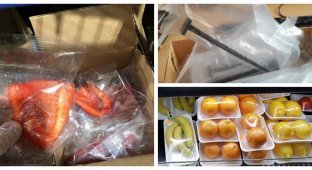How plastic is sorted in Indian slums (13 photos)
Yes, each of us has often heard about conscious consumption, but it all remains just words until you find yourself in a place where all these tons of plastic are sorted and recycled. Well, let's start in order. 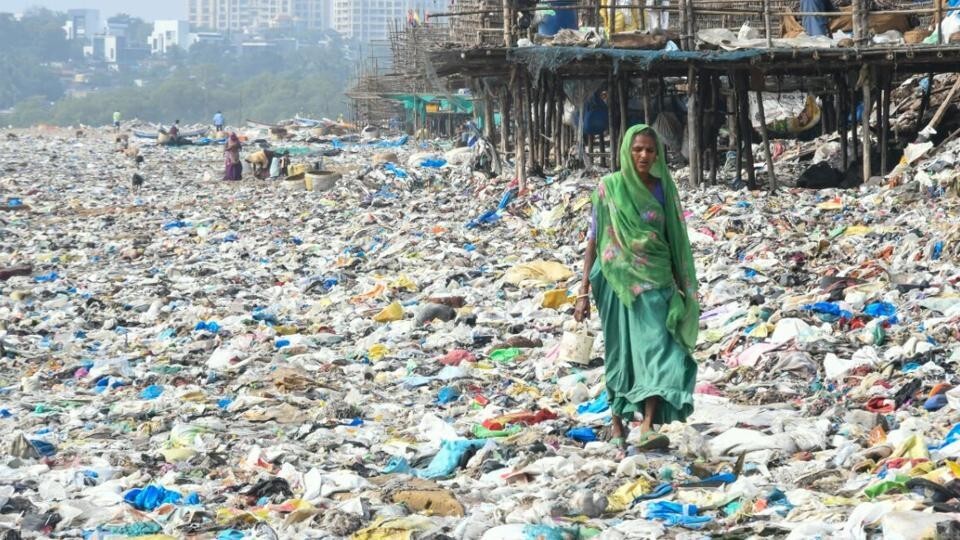
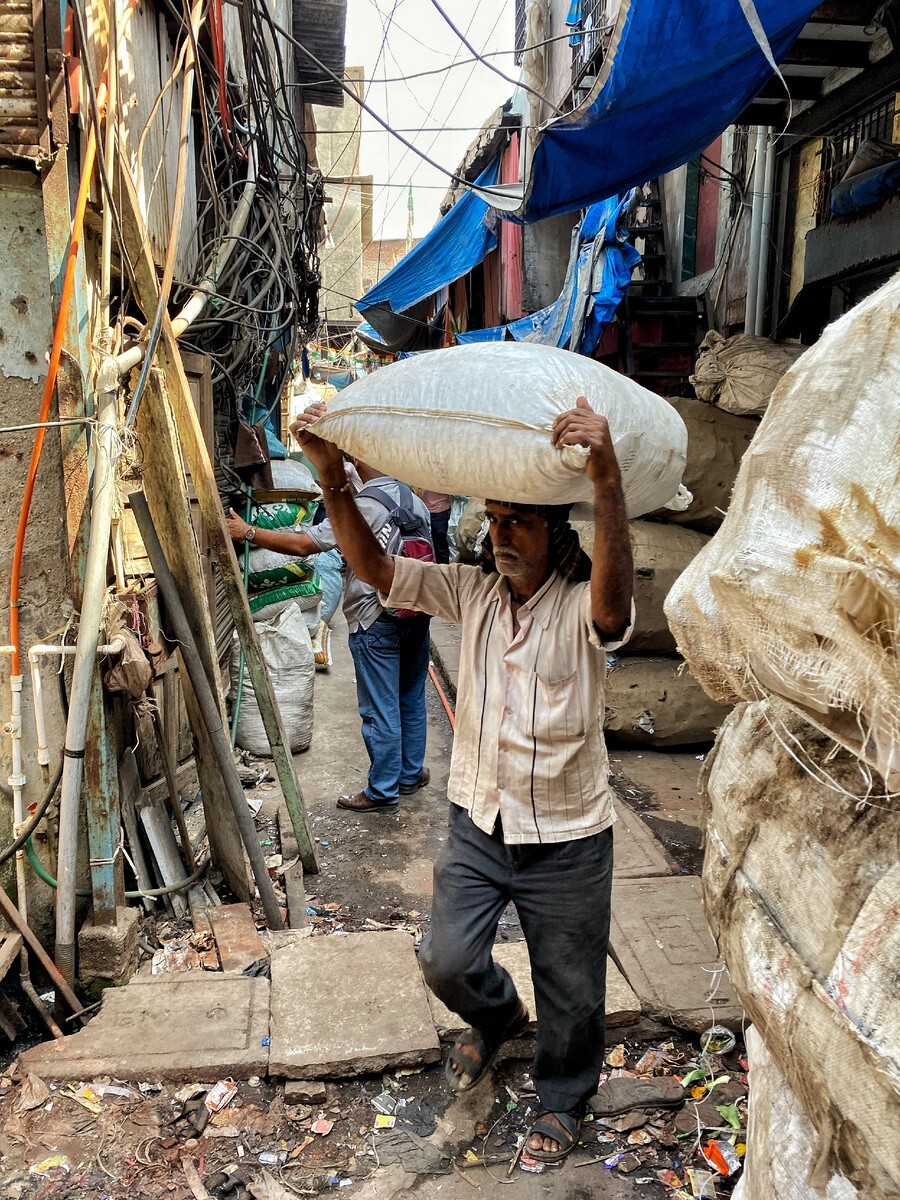
A man carries a bag of plastic on his head for recycling.
Dharavi is the largest slum in Asia, second only to the Kibera slum in Kenya. Raul promised to show us how his native slums live and what the locals do. By the way, one and a half million people live here, who generate about 600 million dollars a year. 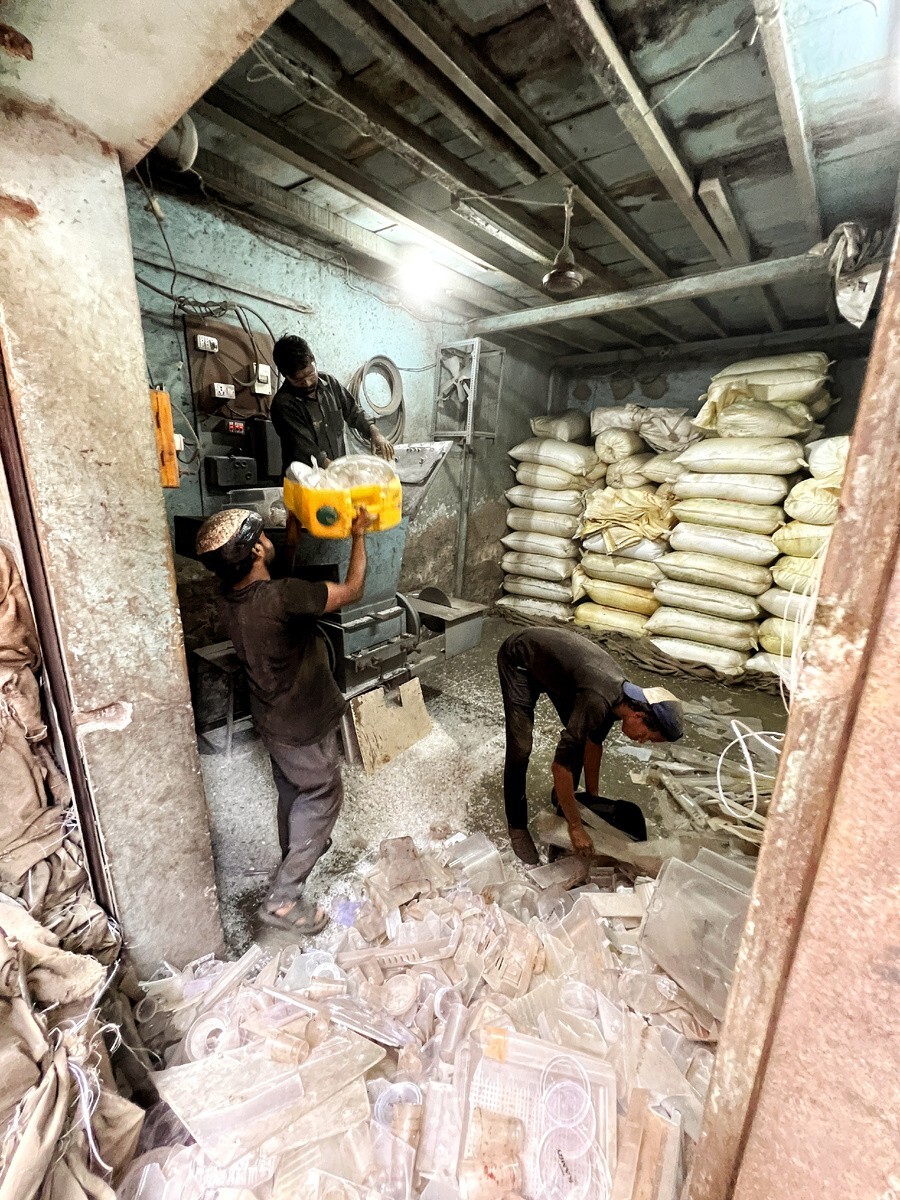
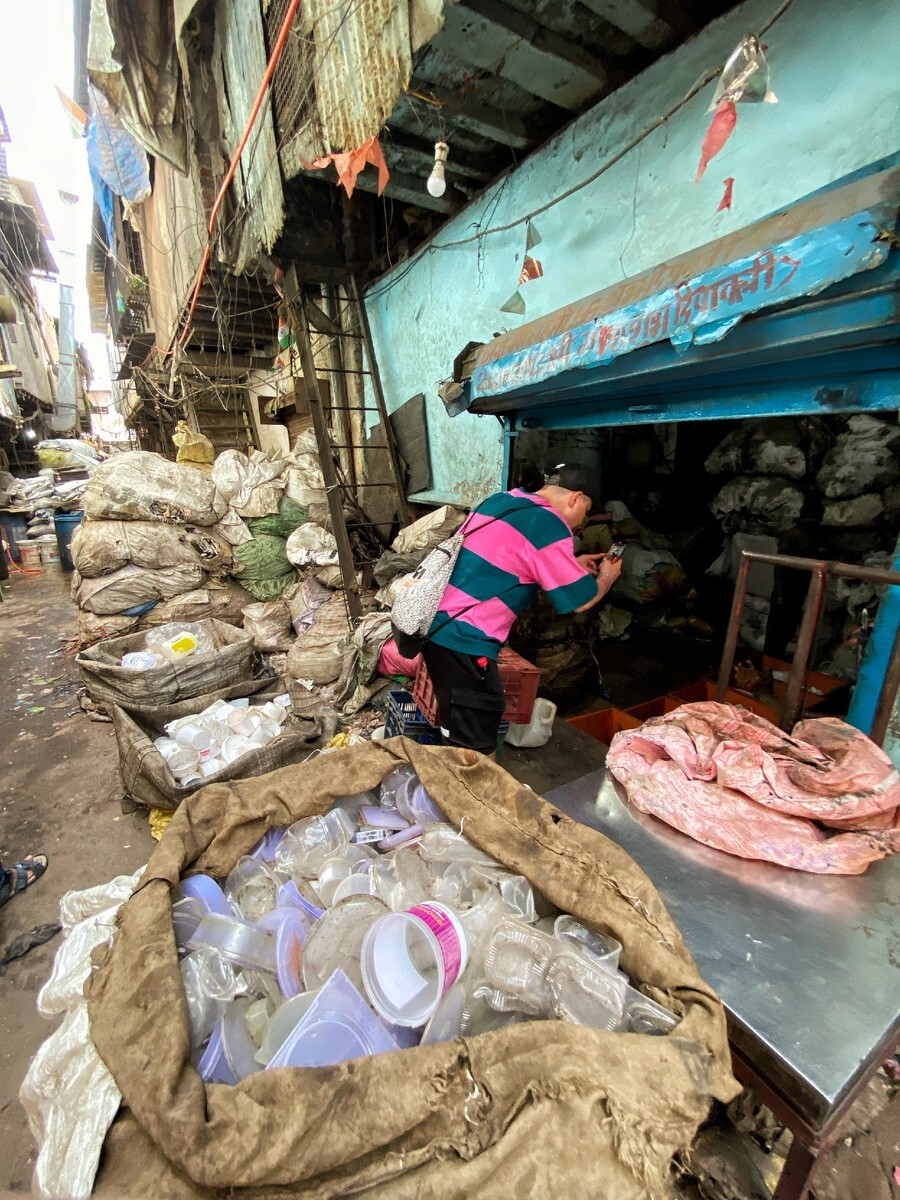
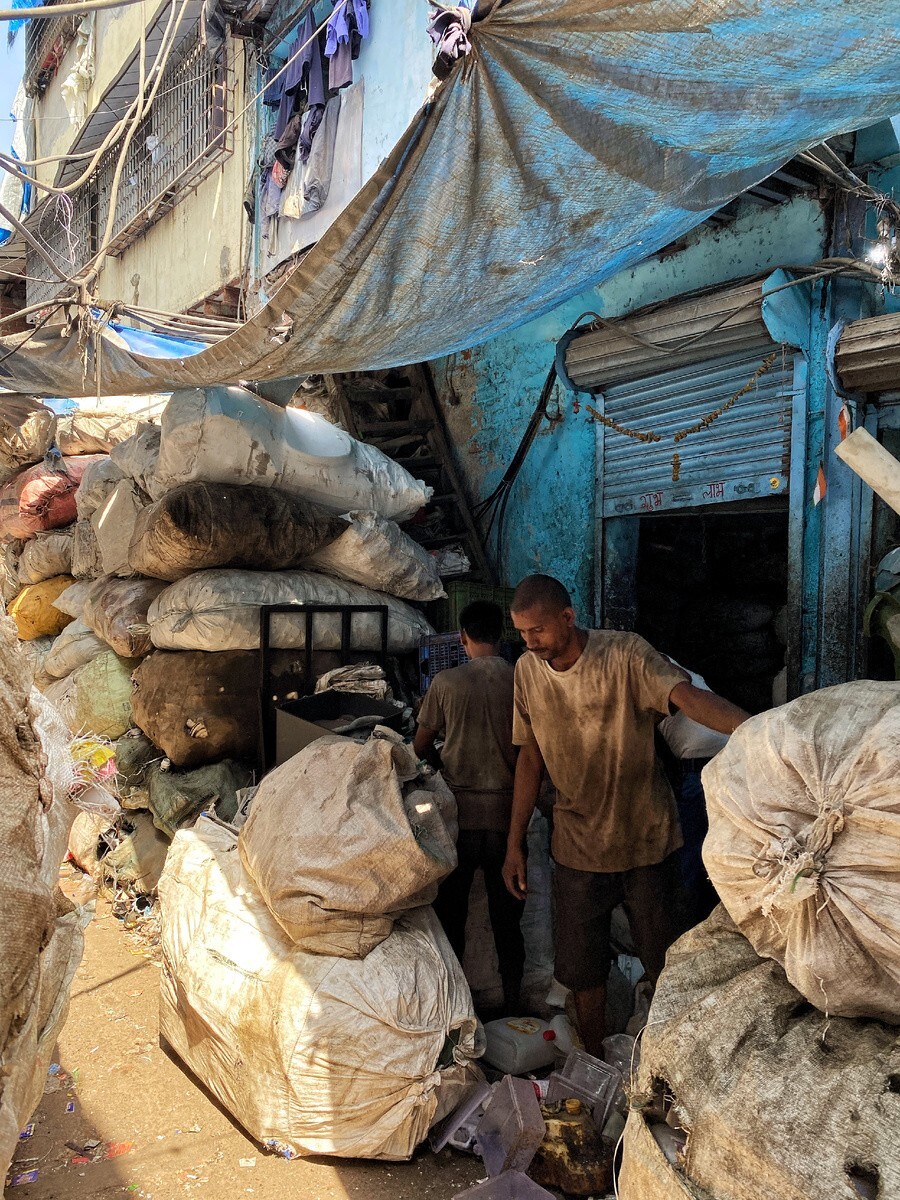
These people spend almost their entire lives among these bags. 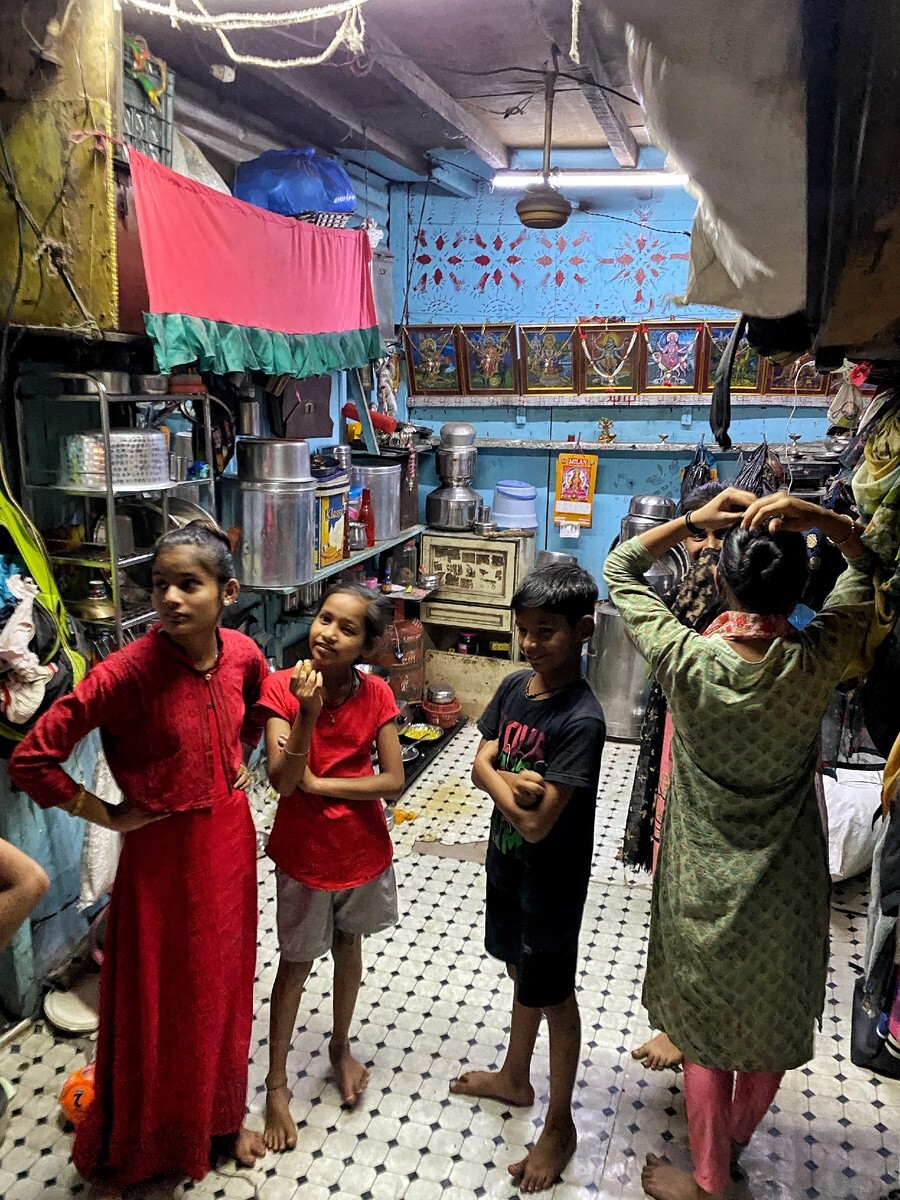
And among all the things we saw in Dharavi, what stood out the most was the area where locals sort and recycle plastic. Yes, ordinary plastic, which each of us uses hundreds of times a day. Look around you - plastic is everywhere. Additionally, most of this plastic is single-use items such as bags, cups, or disposable utensils and containers. 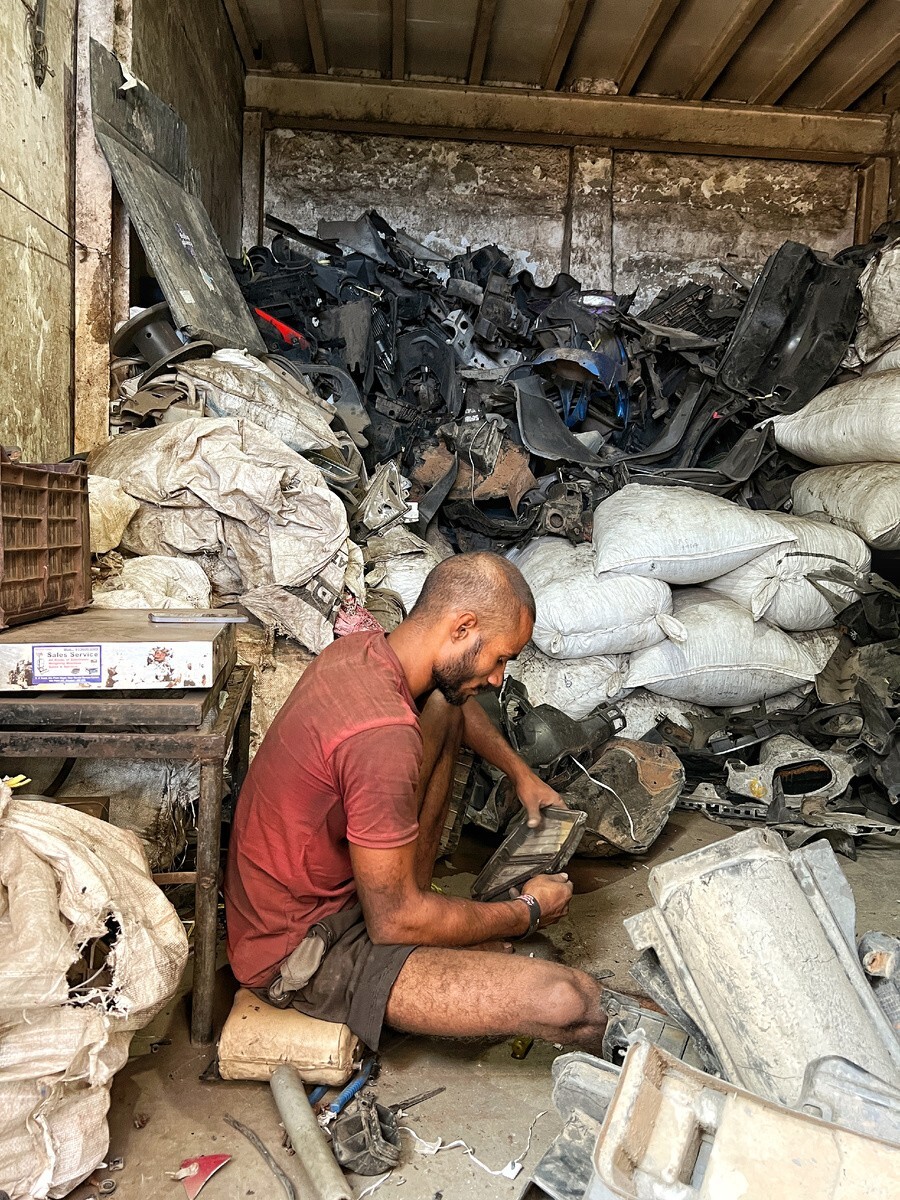
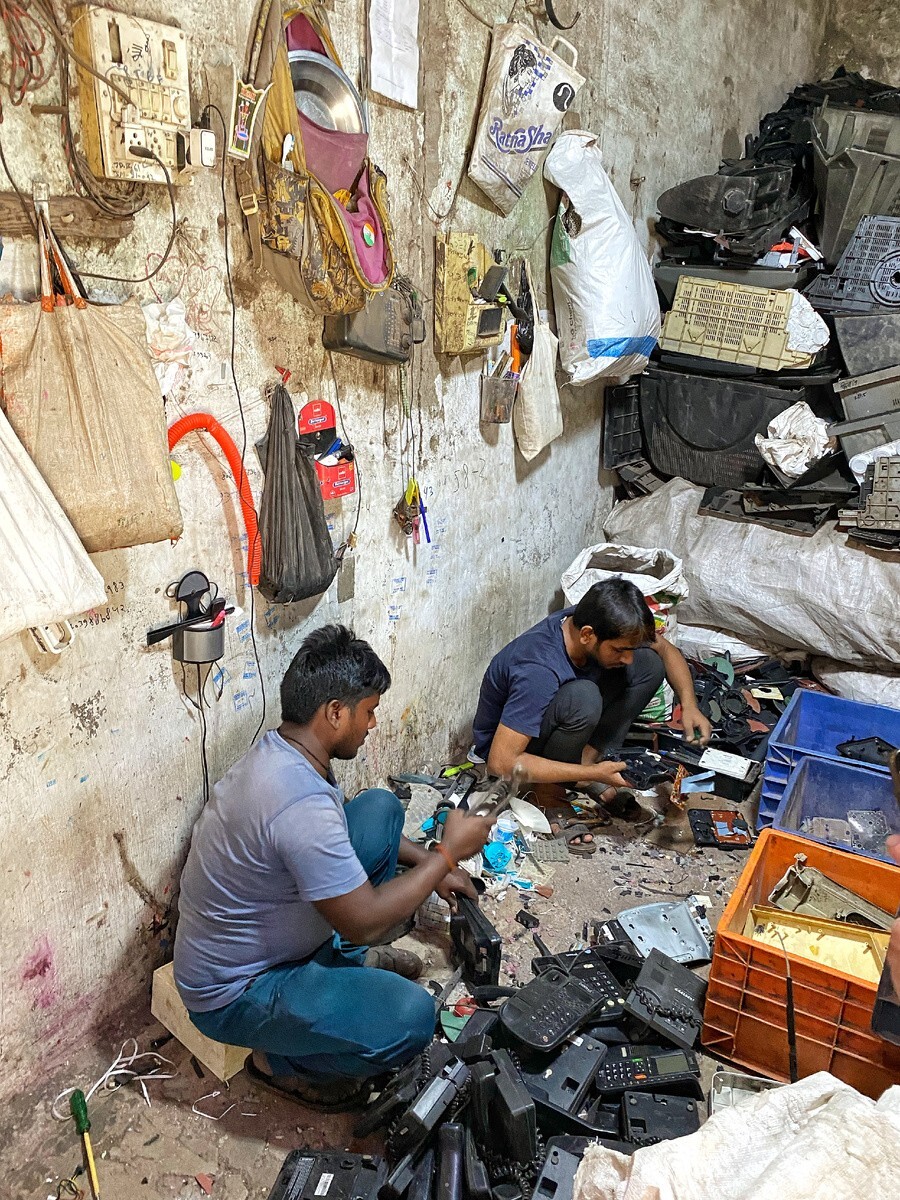
Look at the photos we took in this area - people here literally live in garbage. Their whole life is spent among these huge bags of plastic. When we were in this area, it seemed that yes, there was quiet horror here - 40-degree heat and complete unsanitary conditions, but the working day would end and these people would go home. But no - they live right there, on the upper floors of these buildings. Their children spend their childhood playing on these streets with broken car bumpers. 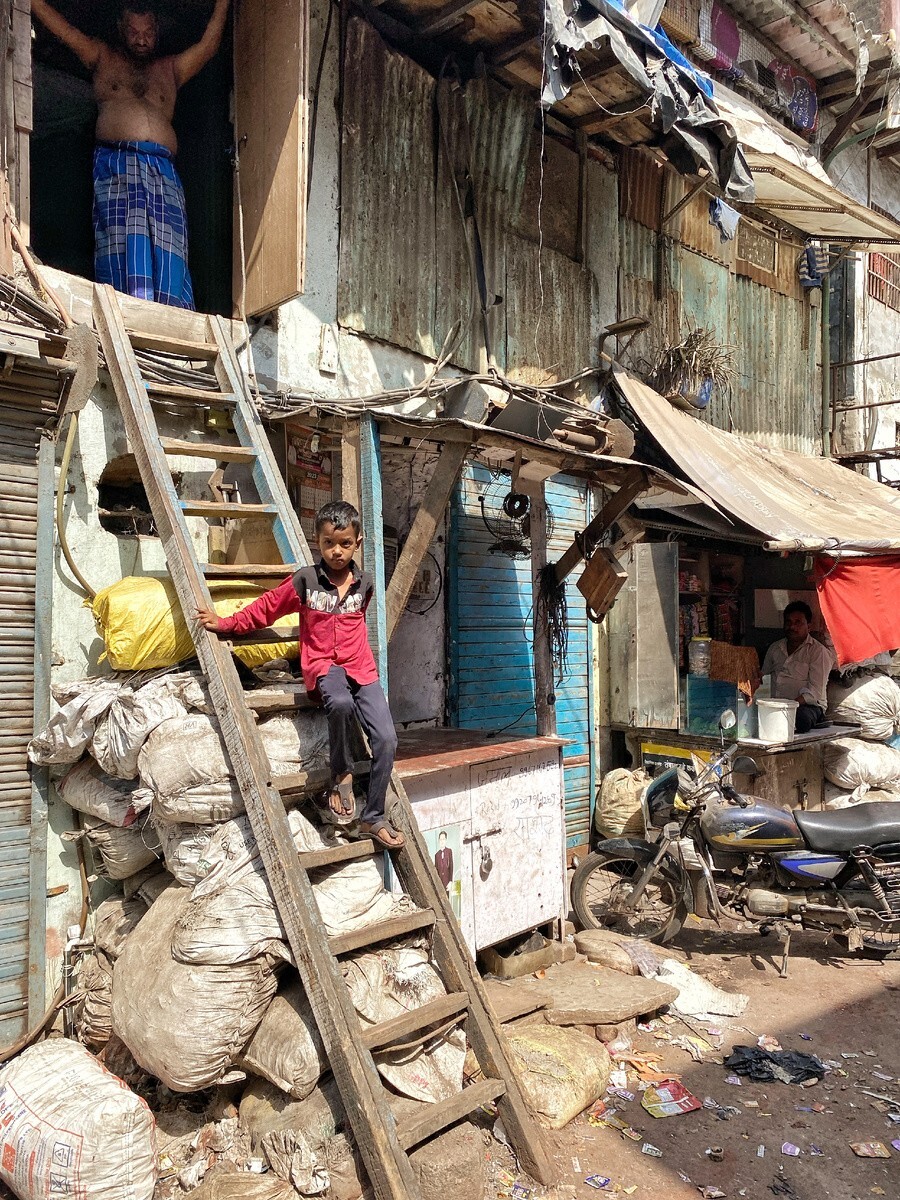
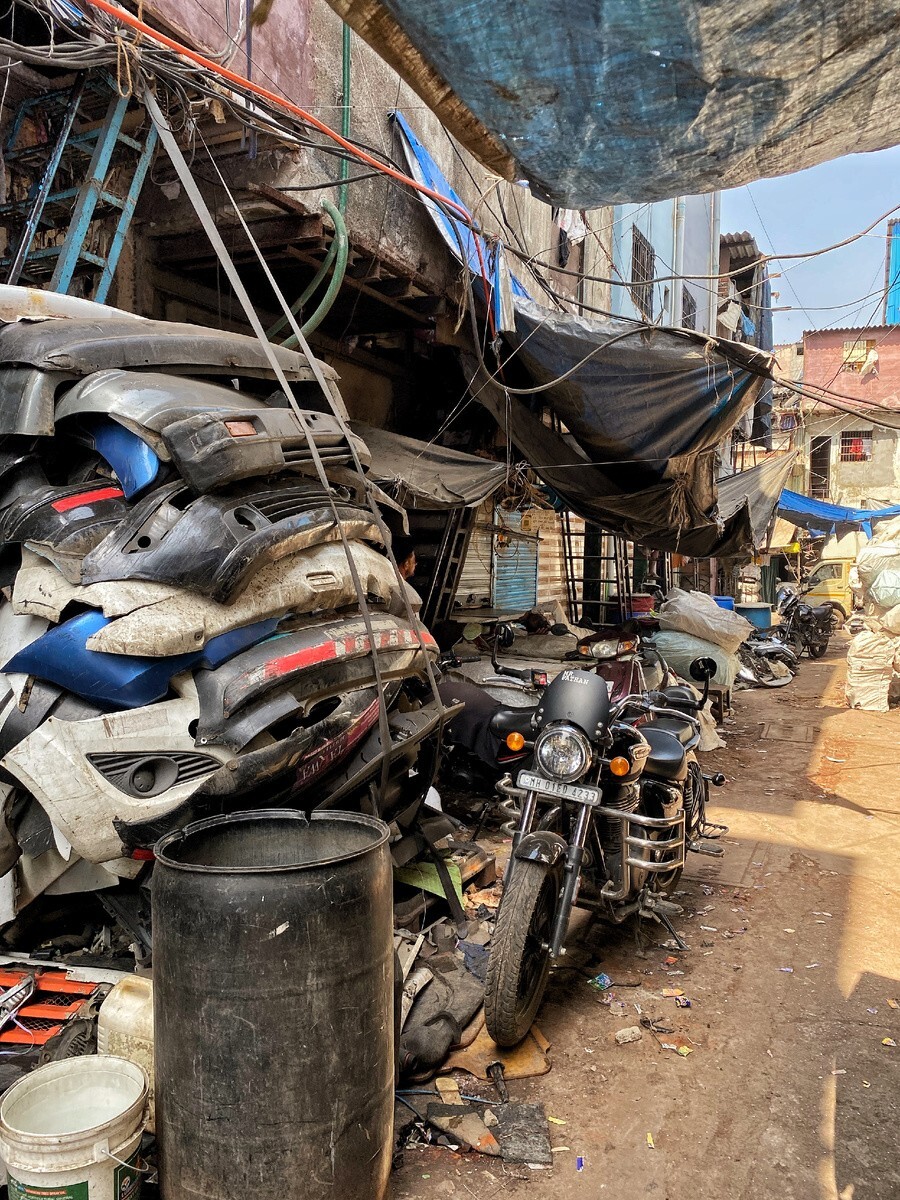
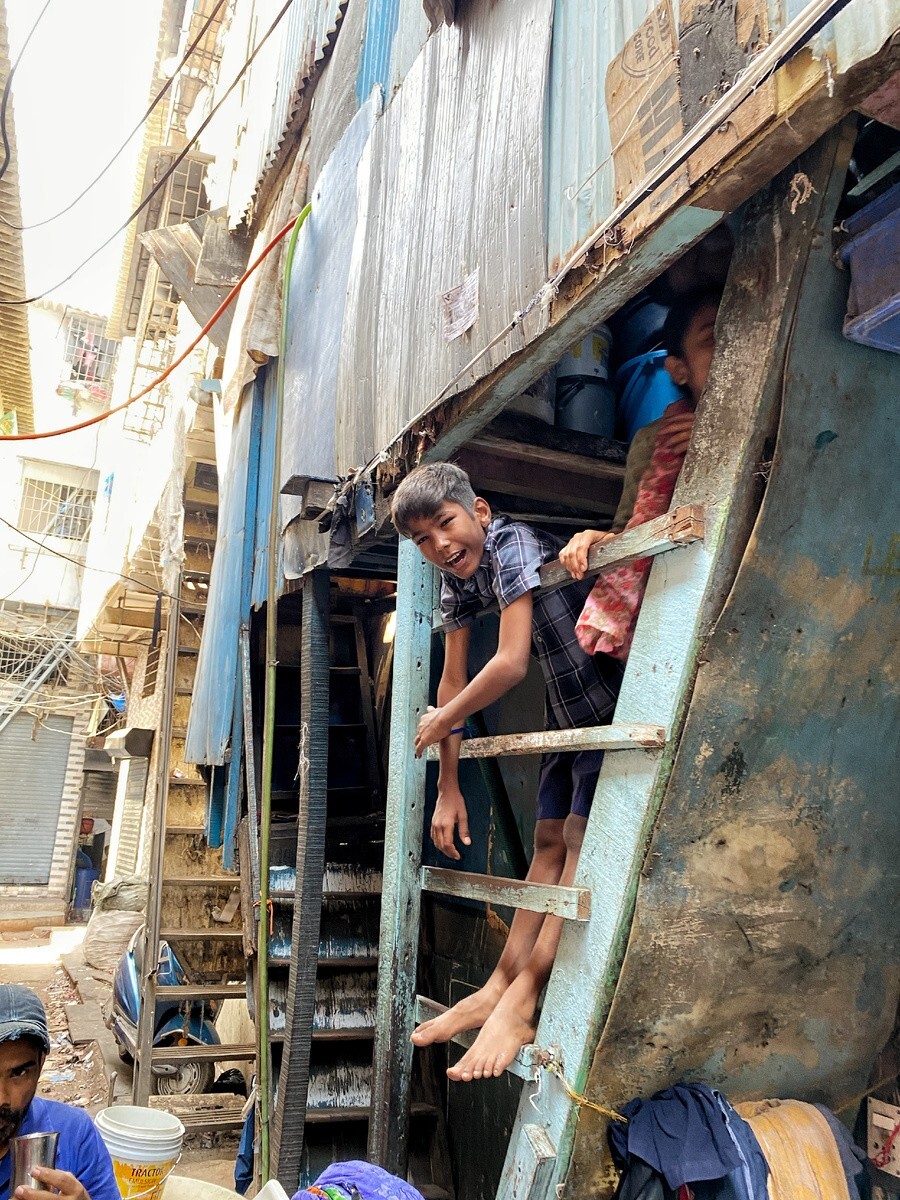
The essence of the work of these people is simple - from all the rubbish that is brought to them from all over the world, they need to select plastic suitable for recycling. Then you need to sort the plastic by quality and color, after which the plastic is ground in a machine that looks like a huge meat grinder. Next, the shredded plastic of the desired color and quality is sent for recycling, and new plastic items are made from it. 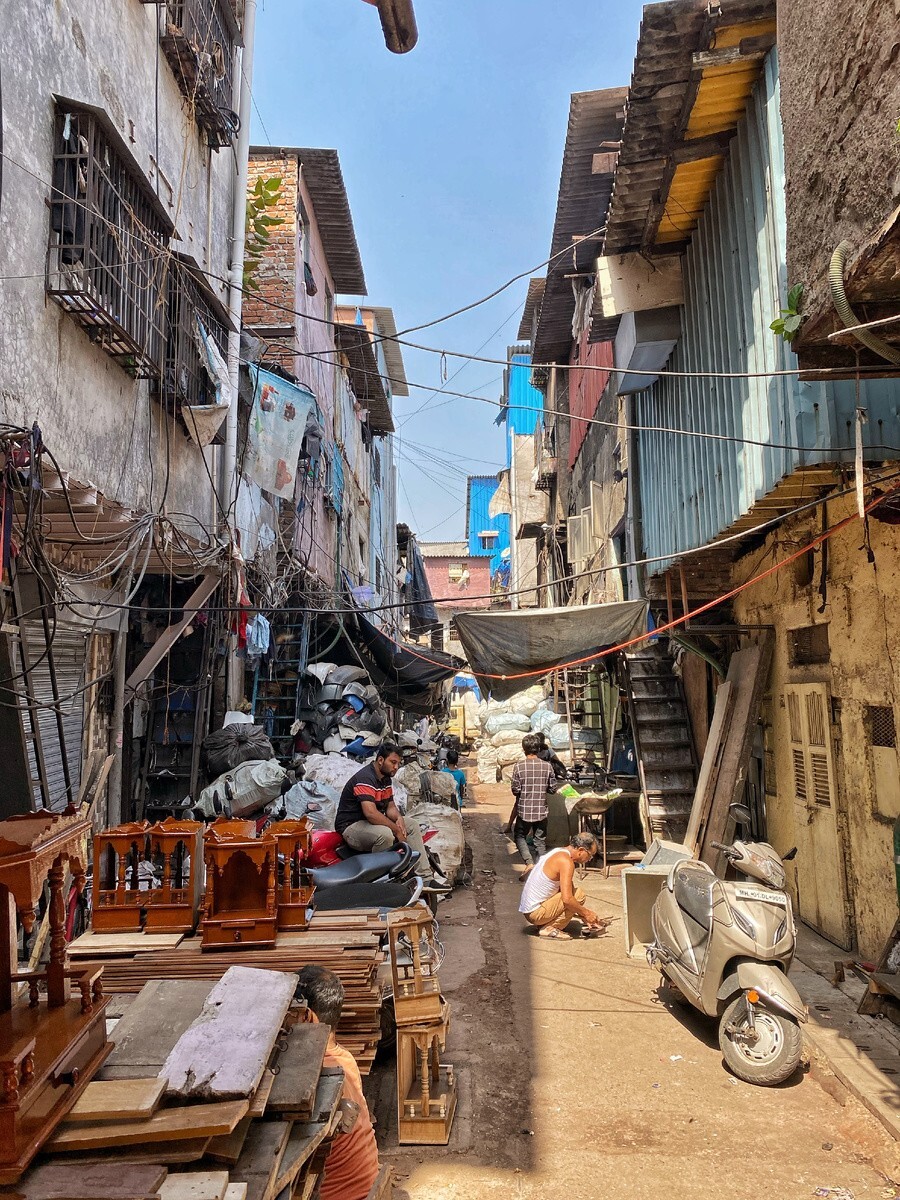
Remember and show your friends how people live who work with what you throw away and don’t even think about what will happen to it next. Is it worth it? In addition, a significant part of plastic is not recycled in any way, but simply lies in landfills or floats in the world's oceans, and as you know, plastic decomposes within several hundred years, and it is not you and me who will have to solve this problem, but our future generations. 